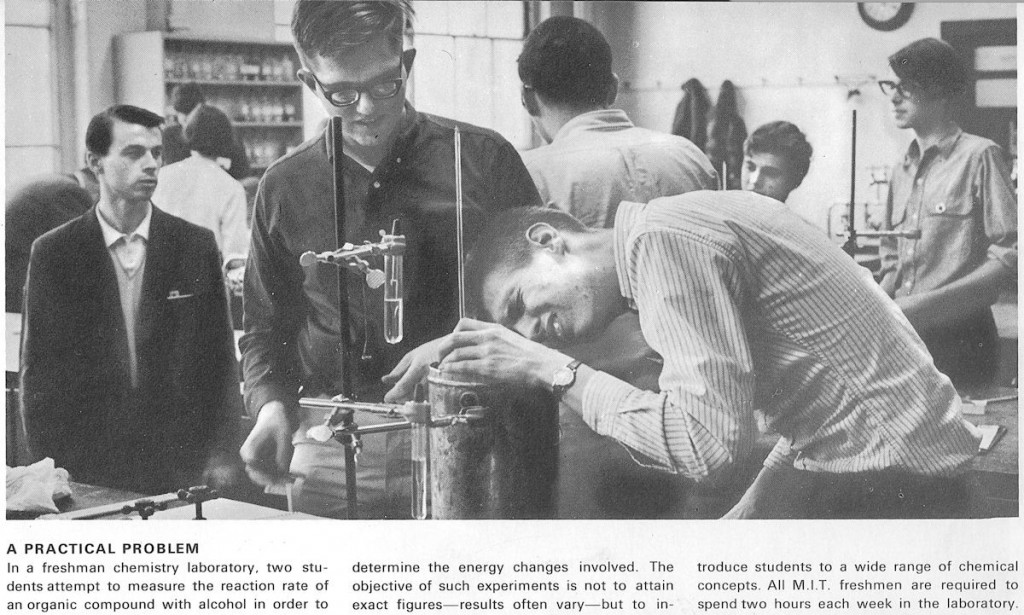Stephen Vincent, in response to my entry on Sylvia Plath [Entry 06: “Sylvia Plath’s Collage”], sent a poem by little-known California poet Laura Ulewicz. Ulewicz, who was born in Detroit, spent the early 60s in the U.K., where she met Plath, returned to San Francisco in the late 60s, then lived in Locke, Calif., where she died in 2007. Vincent is editing a selection of her work. His note follows the first section of the poem (which is set in Detroit). Of particular interest to me is the narrative/sentence interface, between confessionalism and the New Sentence:
from Nightmares to Be Born
I. Reality
Elizabeth Barrett hunched up in a book
While the foxes in my head ran round a tree
The foxes in my head ran round a tree
Under the ether. The nurses joked together,
“Freud at five.” Everyone (my father
And mother) disapproved. Baba, I cried
Because they’d bury the foxes that were so happy.
I hid the foxes alive inside my crying.
The Brontë sisters—But my own real friends.
Detroit a sex machine. Joey
And I, thirteen, peddling into Duns Scotus.*
Trees. Sanctuary for birds, God.
But then she was racing, racing. The boys put a stick
In my spokes. Falling I hit them. Hit them old
As the naked man in the basement who pumped his head
And lied. Oh, if I should grow up Beatrice.
… More













